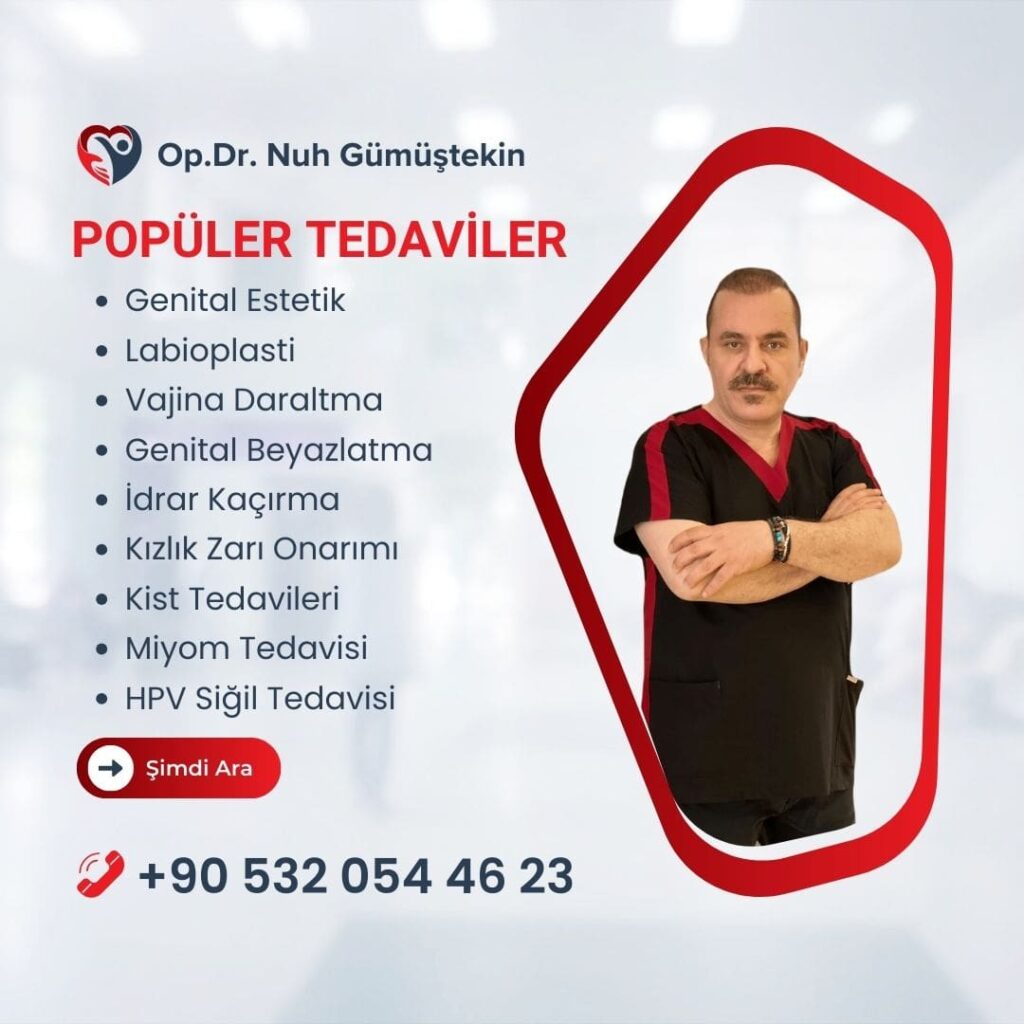
Hoş Geldiniz.
Bu Tedavi ile ilgili doktor ile görüşmek ister misiniz?
Op.Dr. Nuh GÜMÜŞTEKİN

Abortion Pills Dubai
What Are Abortion Pills?
Abortion pills are pharmaceutical drugs used to terminate a pregnancy. They offer a medical alternative to surgical procedures and are recognized for their efficacy and safety when used appropriately. The two primary types of abortion pills are mifepristone and misoprostol. Mifepristone, often referred to as RU-486, is the first drug taken in this regimen. It functions as an anti-progestin, blocking the hormone progesterone, which is essential for maintaining pregnancy. By inhibiting progesterone, mifepristone effectively ends the pregnancy by causing the uterine lining to break down and preventing further growth of the embryo.
The second medication, misoprostol, is administered typically within 24 to 48 hours after mifepristone intake. Misoprostol works by inducing uterine contractions, prompting the body to expel the contents of the uterus. This combination approach has been proven effective in terminating early pregnancies and is a preferred option for many seeking abortion in locations such as Dubai, UAE, and BAE.
It is crucial to differentiate between these medical methods and surgical abortions. While surgical procedures involve manual removal of the pregnancy from the uterus, abortion pills offer a non-invasive alternative that allows individuals to manage their abortion in privacy, often within the comfort of their own home. Misconceptions about abortion pills often stem from fears about their safety and effectiveness. When used under medical supervision, both mifepristone and misoprostol have a high success rate and are regarded as safe. Understanding the role and mechanism of these drugs can demystify the process and provide a clearer perspective on abortion choices available to individuals in various regions, including those in the UAE.
لطلب حبوب الإجهاض تستطيعون التوصيه من عندنا
How to Obtain and Use Abortion Pills Safely
Acquiring abortion pills, specifically mifepriston and cytotec, is a critical process that requires careful consideration to ensure safety and legality. In Dubai, UAE, and the broader BAE region, it is vital to consult with a qualified healthcare professional before attempting to obtain these medications. This is not only to comply with local laws but also to understand the medical implications, as well as potential risks associated with their usage.
In many jurisdictions, including parts of the UAE, accessing abortion pills like mifepriston and cytotec may be regulated or restricted. It is advisable to seek out clinics or institutions that specialize in women’s health. These facilities can provide the necessary guidance and support while ensuring that the process adheres to legal frameworks. During your consultation, healthcare providers can review your medical history and determine if you are a suitable candidate for medication abortion.
Once you have obtained the medication, it is crucial to follow the prescribed guidelines closely. Mifepriston is generally taken first, followed by cytotec within a specified timeframe, often 24 to 48 hours later. Understanding the correct method of ingestion is vital for effectiveness—whether orally or via vaginal insertion, as advised by a healthcare provider. During this process, individuals should be aware of what to expect, including potential side effects such as cramping or bleeding.
Complications can occur; hence, ongoing monitoring and follow-up care are essential. You should maintain contact with your healthcare provider throughout this period to report any adverse reactions or concerns. It is also important to schedule a follow-up appointment after the abortion to ensure that the procedure has been successful and to address any health matters. Following these steps can help ensure a safe and effective experience when utilizing abortion pills like mifepriston and cytotec in Dubai, UAE, and other areas of the BAE.
Legal and Ethical Considerations Surrounding Abortion Pills
The legal landscape concerning abortion pills, particularly mifepriston and Cytotec, is complex and varies significantly across different regions and countries. In Dubai, United Arab Emirates (UAE), for instance, stringent laws govern the use of these medications. Abortion is largely prohibited and heavily scrutinized, with legal exceptions only in cases where the mother’s life is at risk. As a result, the accessibility of mifepriston and Cytotec in Dubai is limited and often requires navigating a challenging legal framework that affects women’s rights and health choices.
In contrast, several countries have implemented more progressive laws that facilitate access to abortion pills. For example, in various parts of Europe and North America, women can legally obtain mifepriston and Cytotec, reflecting a growing acknowledgment of reproductive rights as fundamental human rights. These legal provisions are essential in ensuring women have the autonomy to make informed decisions about their reproductive health without undue interference.
Moreover, the ethical considerations surrounding the use of abortion pills are significant in the broader abortion debate. Central to this discussion is the issue of women’s rights—primarily the right to choose and access safe healthcare. Marginalized communities often face heightened barriers to obtaining reproductive healthcare, including abortion. This raises critical ethical questions about equity, justice, and the responsibility of healthcare systems to provide adequate resources to all individuals, regardless of their socio-economic status.
Recent case studies show that legislative changes in favor of abortion rights can lead to improved health outcomes for women, highlighting the importance of legal recognition of mifepriston and Cytotec as safe and effective options for abortion in various jurisdictions. Indeed, many advocates argue for a reassessment of existing laws to better reflect women’s healthcare needs and rights throughout the UAE and the BAE.
Support and Resources for Individuals Considering Abortion Pills
For those considering the use of mifepriston and Cytotec for abortion, seeking support and resources is essential. Numerous organizations exist to provide emotional support, counseling, and practical information tailored to the needs of individuals contemplating this decision in Dubai, UAE, and the broader Gulf region.
One of the primary resources available is Planned Parenthood, which offers confidential support and information regarding abortion pills. They provide guidance on the medical process and what to expect, ensuring that individuals are well-informed about their choices. Furthermore, online platforms offer counseling services designed to aid individuals in understanding their feelings and options when considering an abortion. These resources can help address anxieties, fears, and uncertainties surrounding the decision-making process.
In addition to counseling, access to healthcare professionals is critical. Many organizations can connect individuals with medical practitioners who specialize in abortion care. These professionals provide vital medical advice regarding the use of mifepriston and Cytotec, ensuring the procedures are conducted safely and effectively. It is crucial to consult with healthcare providers who understand the regulations surrounding abortion in the UAE and can offer guidance tailored to individual circumstances.
Helplines are another pivotal aspect of support. Many local and international organizations operate helplines that individuals can reach out to for immediate assistance or questions regarding abortion pills. These resources foster a sense of community and provide a safe space for individuals to voice their concerns. Emotional support from one’s peer group can make a significant difference. Connecting with others who have had similar experiences can help normalize feelings and provide insight into the journey ahead.
Overall, recognizing these support systems can greatly aid individuals navigating the complexities of abortion pills. They ensure access to vital emotional and practical resources during a challenging time.


